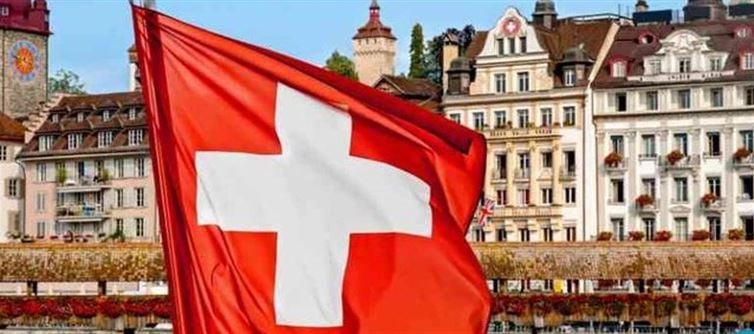
A Country That Shouldn't Exist
Switzerland's story begins not with conquests, but with cooperation.
Three local leaders from the cantons of Uri, Schwyz, and Unterwalden swore allegiance to one another in a peaceful meadow in 1291. This was not a royal decree or a violent uprising; rather, it was a grassroots pact of mutual aid with the simple goal of defending one another against powerful empires like the Habsburgs of Austria.
This peaceful beginning would eventually develop into the swiss Confederation, a decentralized alliance of small cantons, each with its own laws, languages (German, French, Italian, and Romansh), and identities. The lack of centralization confounded outsiders, as they wondered how a nation could function without a capital like paris or London. However, by rejecting monarchy and centralization, switzerland established the foundation for modern federalism—a model of unity without uniformity.
The Farmers Who Fought Empires
Early swiss history is replete with conflicts, not as a conquering force but as a nation struggling for survival and sovereignty. For example, in 1315, swiss farmers ambushed the Austrian army along a mountain pass, and despite having no official military training or armor, the swiss militia defeated a superior foe, establishing a reputation as fierce and unrelenting defenders of their homeland.
Over the next two centuries, the swiss would fight the Austrians, the Burgundians, and even the French, but the real twist came after France's crushing defeat at the Battle of Marignano in 1515. Instead of seeking retribution, switzerland did something few nations dared to do: it chose neutrality.
Neutrality as a National Strategy
Switzerland chose to stay out of a europe that was fixated on colonialism and growth. The most successful national policy ever adopted was the choice to maintain neutrality.
All of the main european countries publicly acknowledged Switzerland's neutrality by 1815 at the congress of Vienna. That neutrality was a financial advantage in addition to being political.
This is why neutrality was important:
Stability in chaos: switzerland avoided the wars that erupted in Europe. In order to protect their assets from war-related taxes or seizure, investors, kings, and businessmen started transferring their holdings into swiss banks.
Banking secrecy laws: switzerland passed its now-famous banking Law in 1934, which made disclosing the identities of account holders illegal.
Switzerland abruptly turned into Europe's fort Knox, with vaults containing fortunes from all over the world.
Swiss banks continue to handle more foreign assets than any other nation, with over $2.4 trillion under management. The country of switzerland holds almost 47 percent of the world's cross-border wealth. It is understandable why switzerland is seen as a financial haven for the wealthy.




 click and follow Indiaherald WhatsApp channel
click and follow Indiaherald WhatsApp channel